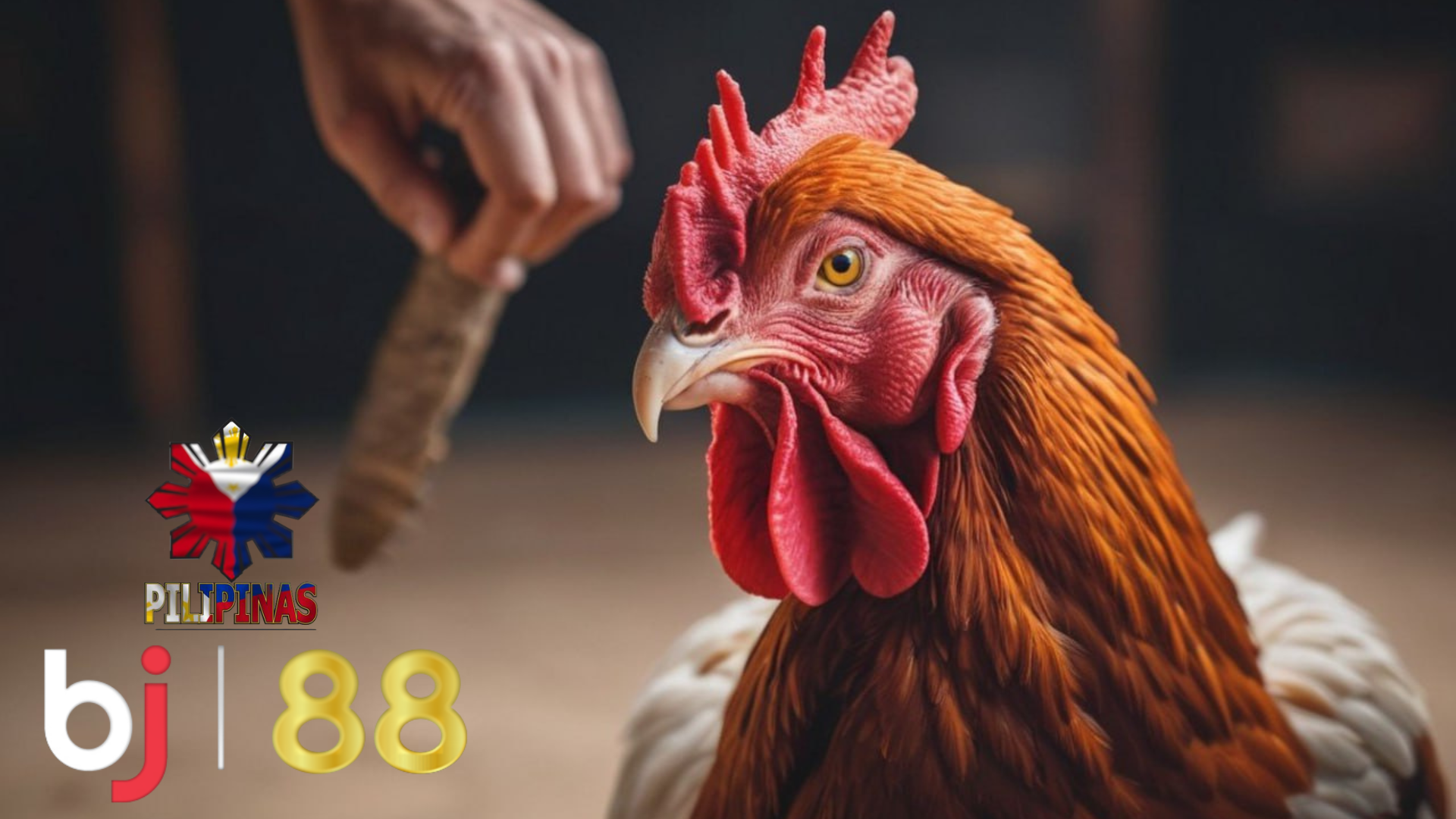Sabong, or cockfighting, is a traditional sport in the Philippines with a rich history dating back centuries. Traditionally held in cockpit arenas, this blood sport has now entered the digital age, gaining immense popularity as “online sabong.” This transition from physical arenas to virtual platforms has significantly altered the landscape of this cultural pastime, creating new opportunities and challenges.
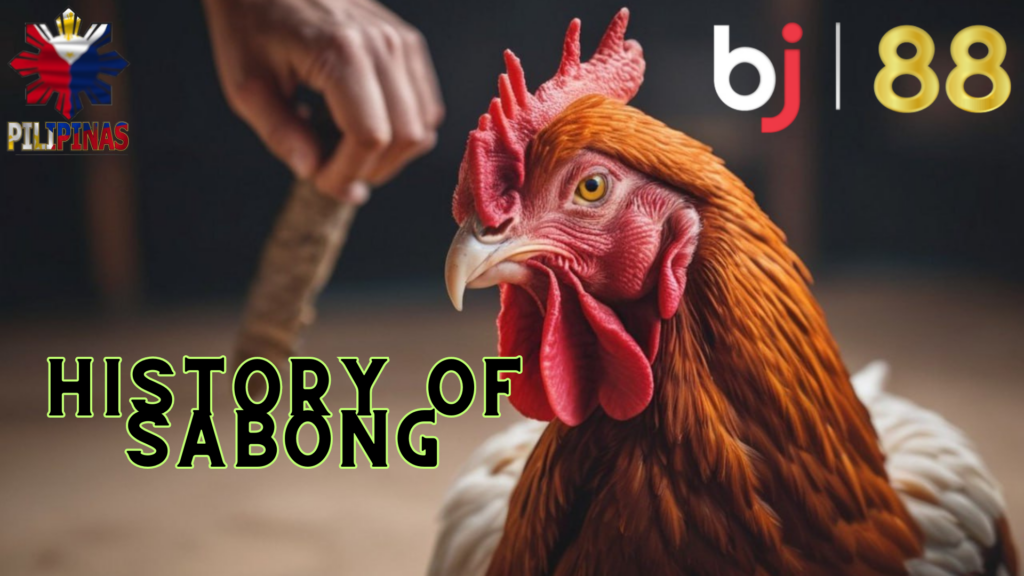
Sabong is deeply rooted in Filipino culture, dating back to pre-colonial times. Historically, it was a form of entertainment and a social activity, often held during festivals and important community events. With the establishment of formal cockpit arenas during the Spanish colonial period, sabong became more regulated and organized. The Philippines even has its own breed of gamefowl, the “Manok Panabong,” known for its agility and fighting prowess.
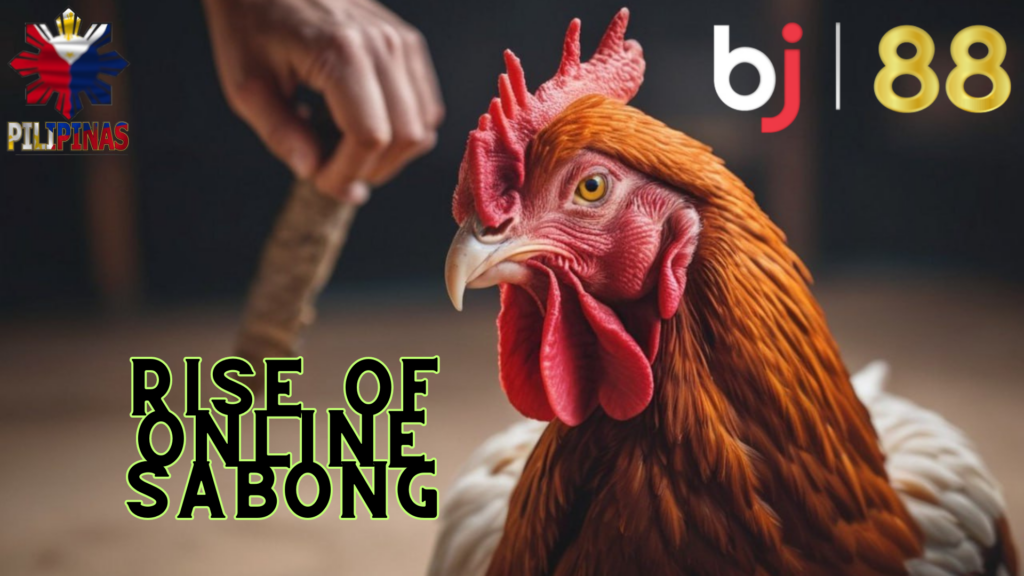
The advent of the internet and the proliferation of smartphones have paved the way for sabong to go online. Online sabong platforms allow enthusiasts to watch live cockfights, place bets, and engage with other fans from the comfort of their homes. The COVID-19 pandemic accelerated this shift, as traditional cockpit arenas were closed to prevent the spread of the virus.
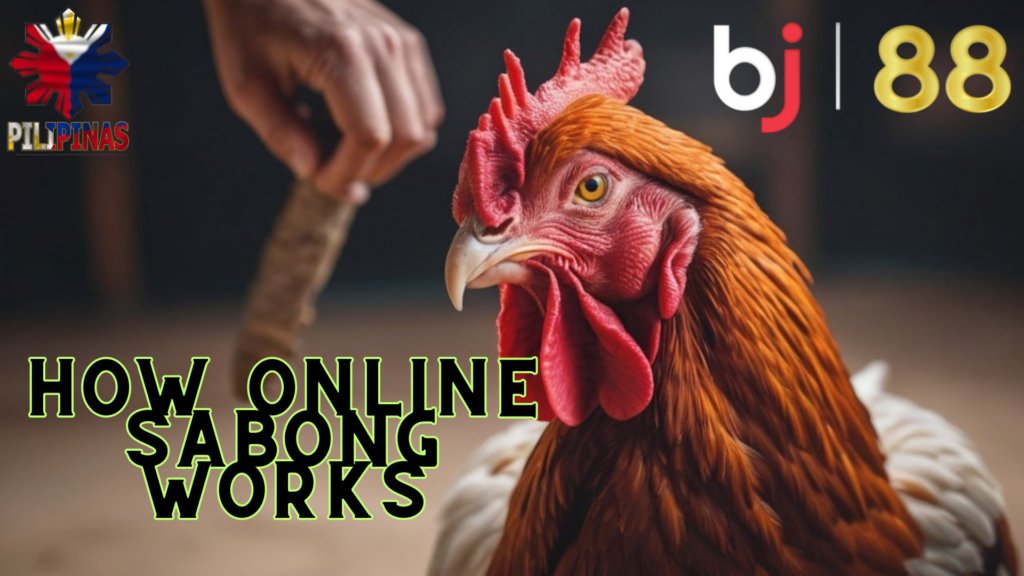
Online sabong platforms operate similarly to traditional cockpits but with digital enhancements:
- Live Streaming: Cockfights are broadcast live from various locations, ensuring real-time viewing for participants.
- Betting System: Users can place bets on their preferred gamefowl through secure online transactions.
- Community Interaction: Platforms often include chat features, forums, and social media integration to foster a sense of community among sabong enthusiasts.

The rise of online sabong has prompted the Philippine government to implement regulations to ensure fair play, ethical treatment of animals, and secure financial transactions. The Philippine Amusement and Gaming Corporation (PAGCOR) oversees the licensing and regulation of online sabong operations. Despite this, concerns about illegal gambling and the potential for exploitation remain.

Online sabong has become a significant economic driver. It generates revenue not only for platform operators but also for the government through taxes and licensing fees. Additionally, it supports various ancillary industries, such as gamefowl breeding, feed production, and veterinary services.
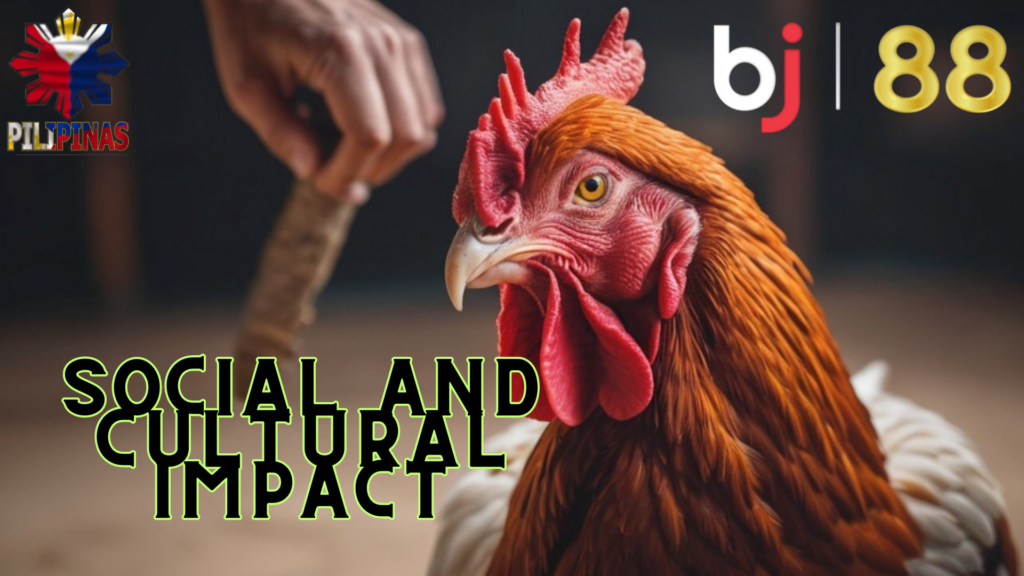
Online sabong has reshaped the social and cultural dynamics of the sport. It has made sabong more accessible to a global audience, allowing overseas Filipinos to connect with their heritage. However, it has also sparked debates about the ethical implications of promoting a blood sport in a modern, digital context.

While online sabong offers numerous benefits, it is not without its challenges:
- Ethical Concerns: Animal rights activists argue against the promotion of a sport that involves animal cruelty.
- Gambling Addiction: The convenience of online betting raises concerns about the potential for gambling addiction.
- Regulatory Enforcement: Ensuring compliance with regulations in the digital realm is a complex and ongoing challenge.
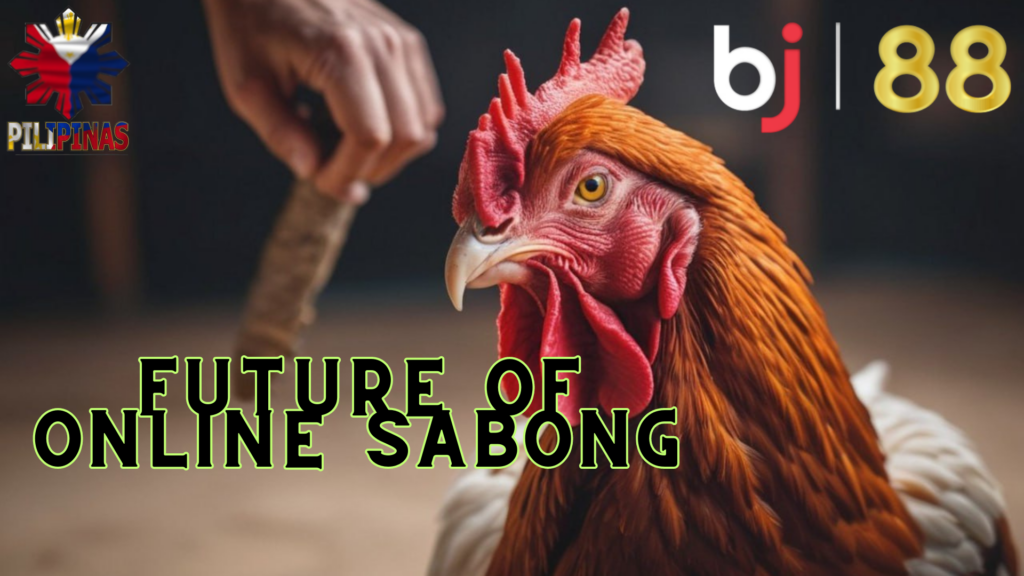
The future of online sabong appears promising, with continued advancements in technology likely to enhance the user experience. Virtual reality (VR) and augmented reality (AR) could provide even more immersive experiences. However, balancing cultural preservation with ethical considerations and regulatory enforcement will be crucial to its sustainable growth.
Conclusion
Online sabong represents a fascinating blend of tradition and technology. As it continues to evolve, it will undoubtedly play a significant role in the cultural and economic landscape of the Philippines. Navigating the challenges and controversies that come with it will be essential to ensuring that this modern iteration of a historic sport can thrive responsibly and ethically.

